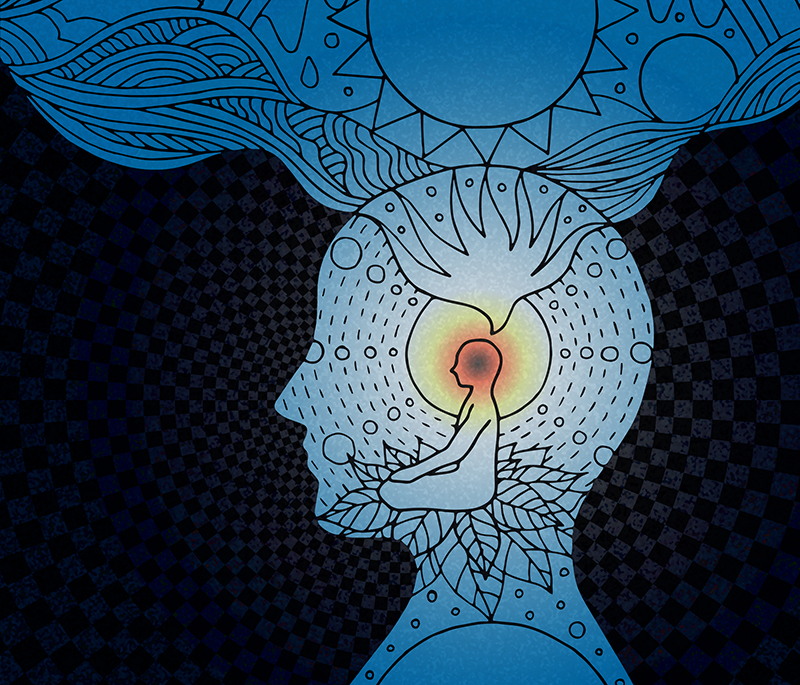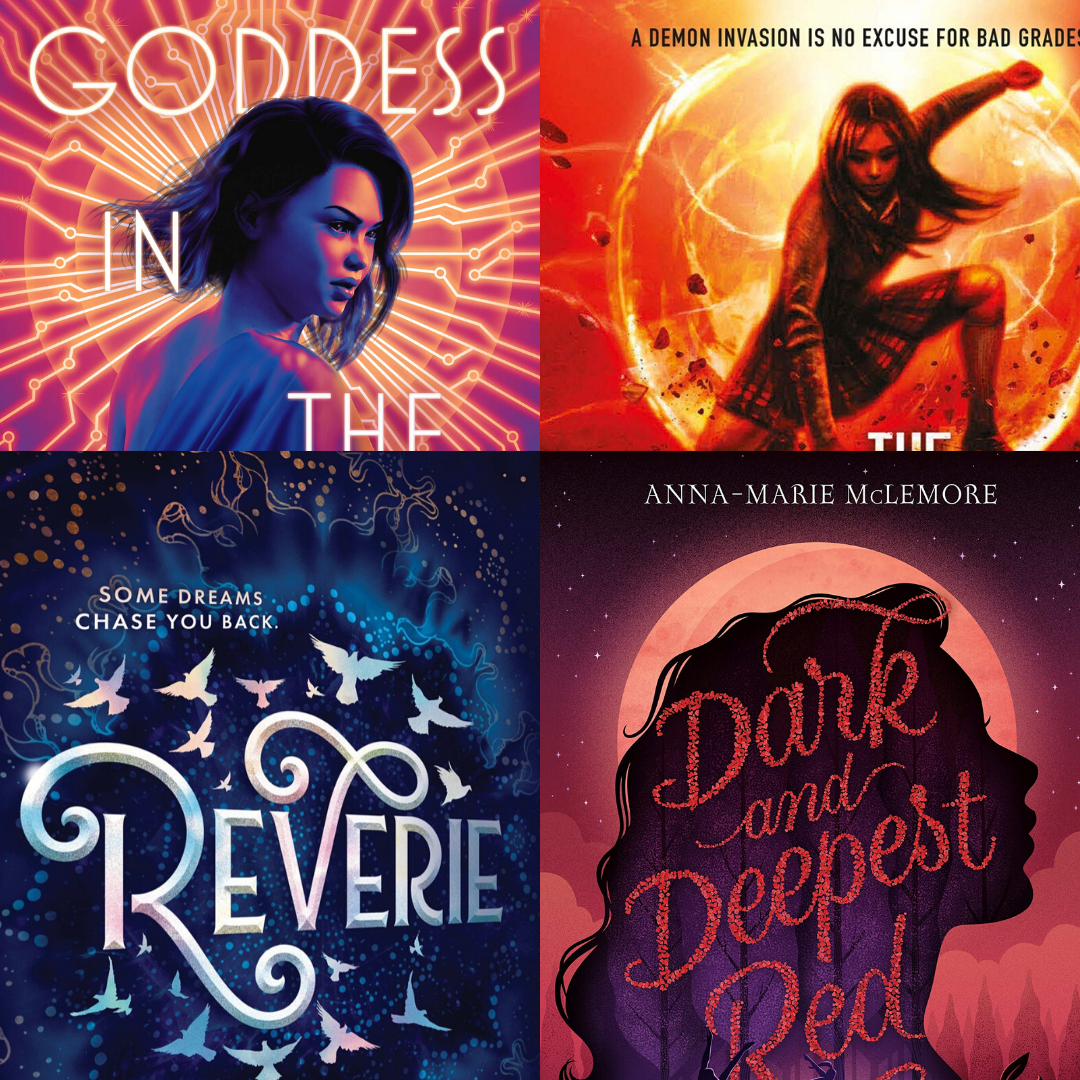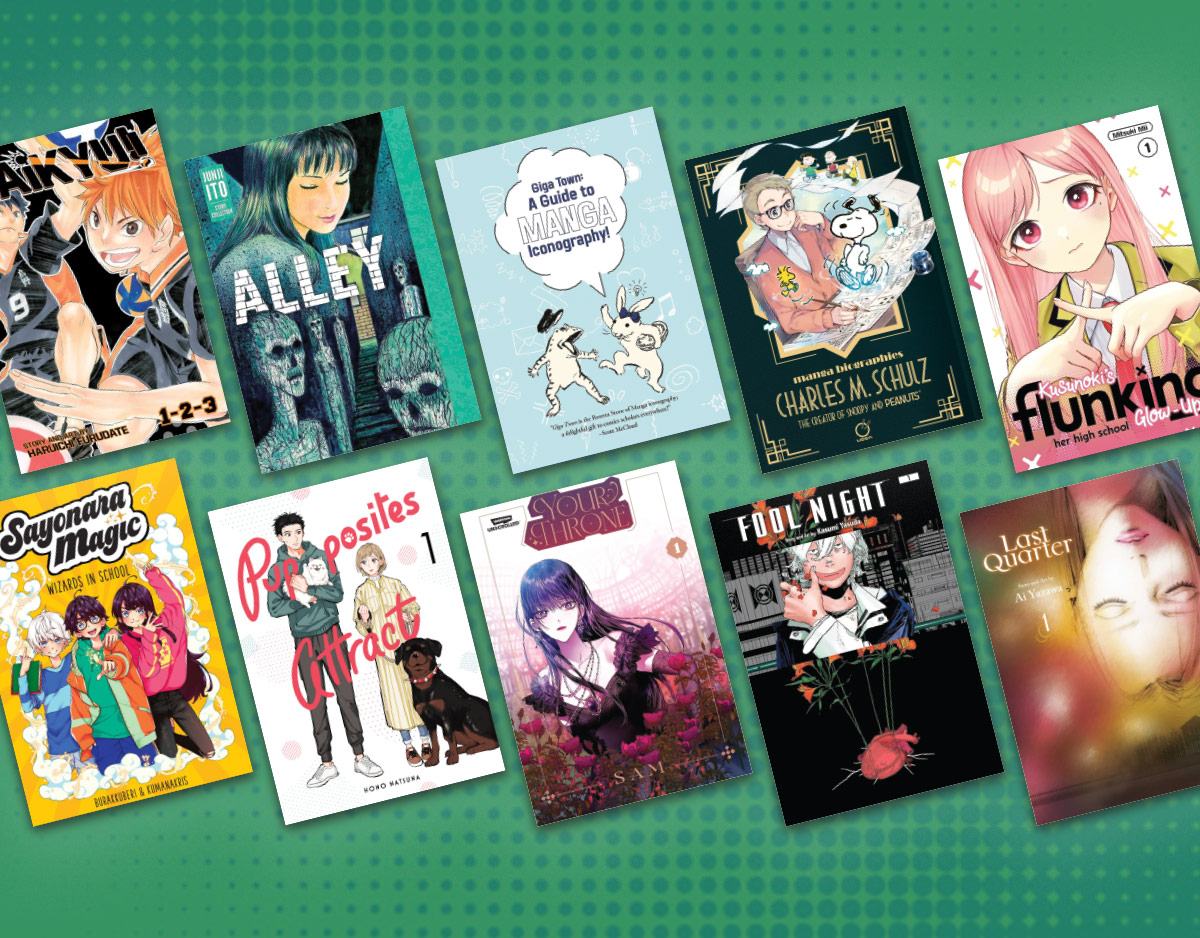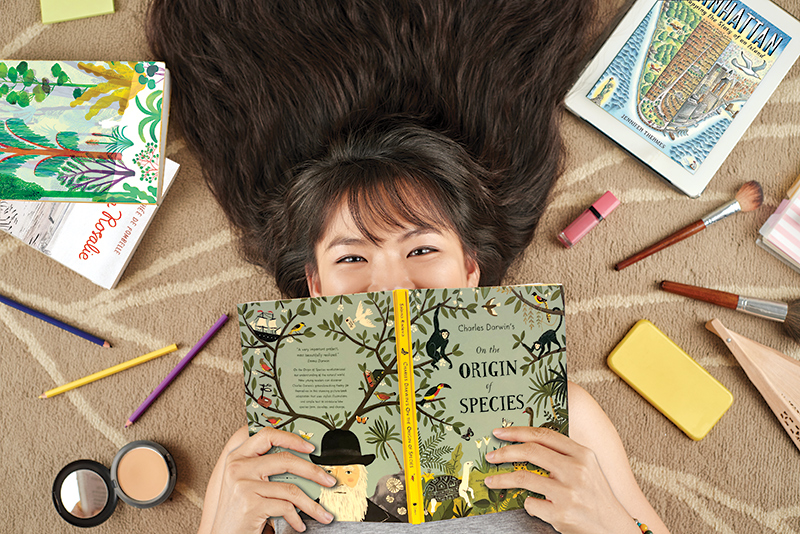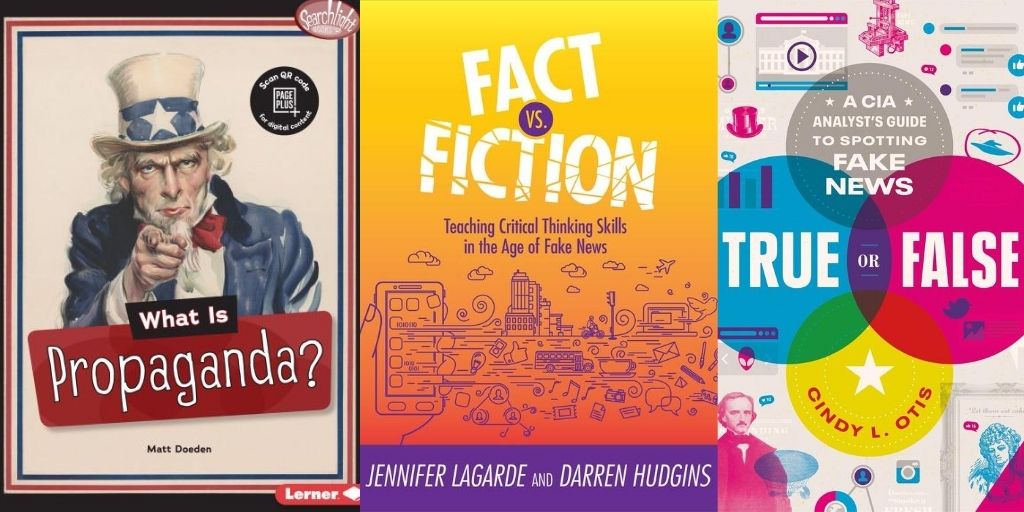Write What You Know, a guest post by Loriel Ryon
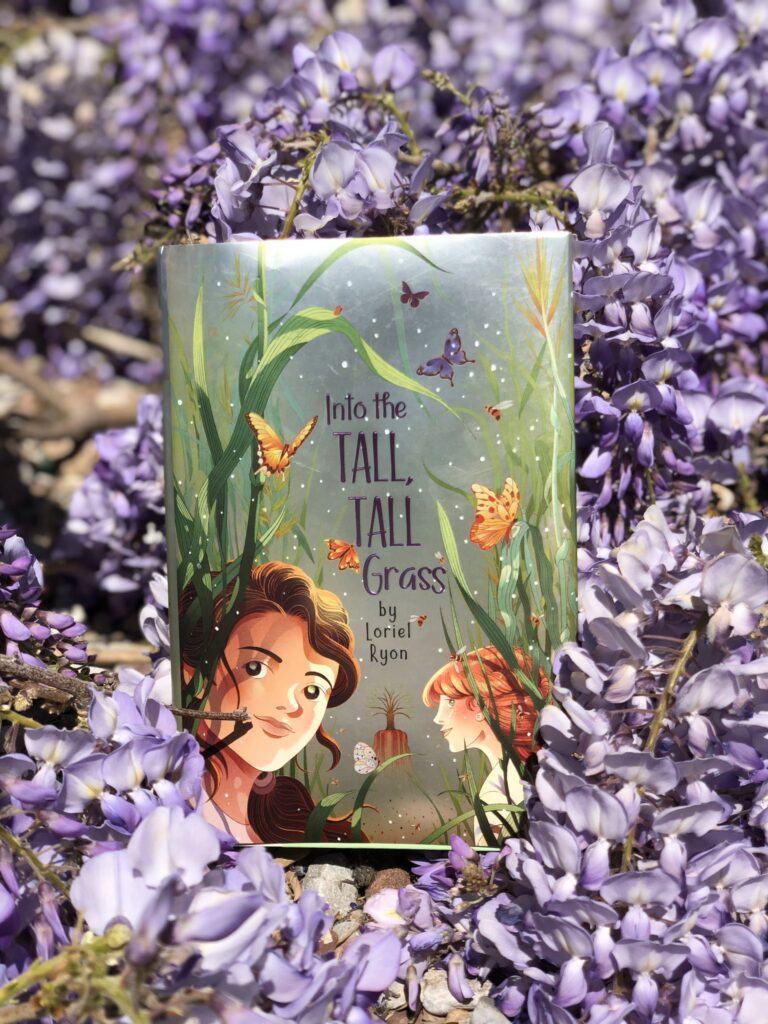
I almost didn’t write this post.
As I’ve grown and changed, my thoughts and understandings of my identity and what that means have evolved a lot over the years. Being a writer means looking into yourself, pulling apart the pieces of what made you, and writing that. So when I started writing, my heritage and cultural upbringing kept coming up. How could it not? When I think back to my childhood years, my family and my traditions were so important to that time. But identity is complicated. Especially when you come from a blended family. And when that family breaks apart, identity gets even more complicated. My understanding of myself and my identity will probably change again. And again. But for now, this is where I am.
Because as the old saying goes: write what you know.
And this is what I know.
I grew up on bluegrass music and pumpkin empanadas. Pig pickins’ and the best southern fried chicken. Jackie Horner pies for birthdays, luminarias and tamales at Christmas, and cascarones at Easter. My childhood was a blend of my parents’ upbringings and traditions: my father, an Irish-English American Catholic southern boy, born and raised in North Carolina; and my mother, a Mexican American Catholic born and raised in south Texas. Their traditions were different from each other, but somehow, they found a way to raise me, my brother, and my sister with a blend of the two.
ADVERTISEMENT
ADVERTISEMENT
Sure, my mom loved to tell the story where she asked my dad right after they got married to get tortillas from the grocery store and he brought back corn tortillas in a can. (I’m not kidding. It was a family joke for a LOOONG time.) My grandad would tell us stories about how he wasn’t allowed at the school dance because he was Mexican and had to wait outside. I’m pretty sure my mom had never even heard of bluegrass music until she met my dad.
Spanish was spoken in our house (and it was basic Spanish at best), but not because my mom grew up speaking it. My grandparents didn’t teach their children Spanish. They wanted them to blend in and not rock the boat. Both my parents learned in school and college, and once us kids had learned how to spell, they’d switch to Spanish to keep us from knowing what they were talking about.
The other important thing to know is my parents didn’t stay married. And while that was a very tough thing to go through as a kid, it also really shifted my adult understanding of identity and heritage. Without my blended family intact, which traditions would stay? Would some fall away? How would we raise our own kids when the time came?
The other thing is while my siblings and I have our mother’s dark hair and eyes, our light skin coupled with our English last name affords a lot of privileges that other members in our family don’t have. By looking at us, you can’t really “tell” our heritage and with that comes the doubts.
If I look white and I don’t speak Spanish, can I be Mexican American? If I have a white last name, can I be Mexican American? If every time I tell someone that I’m part Mexican American and they say, “Well, you don’t look it…”, then maybe I’m not.
Questions about my identity carried with me all the way to my debut, INTO THE TALL, TALL GRASS. It’s a story about a girl and her sister, both of mixed heritage, as they go on a journey through the desert to save their grandmother’s life. I’d never read a story about a girl of mixed heritage like me. I stubbornly plowed forward, following the advice: write what you know. But even so, I was riddled with doubts. Because when you are straddling the in-between you never quite feel like you are enough. It is a constant battle between hoping you aren’t a fraud to trying to get things perfectly right. Would kids want to read about a girl like me? Would I do the story justice? Was it okay for me to write a story like this? But my Spanish isn’t very good…
I remember when Aida Salazar reached out and asked if I’d like to be part of the Las Musas group, a collective of Latinx authors who support one another. I almost told her no. I stressed over it. How was I going to tell Aida Salazar (who’s book I absolutely admired and adored) that she’d made a mistake? It wasn’t because I didn’t want to be a part of the group. I really did. It was because I felt like I didn’t belong. I felt like I wasn’t Latinx enough to be in the group, and I finally found the courage and told her so.
And Aida, the always wise, said to me, “There’s no one way to be Latinx.”
ADVERTISEMENT
ADVERTISEMENT
And with those simple words, my view of my identity shifted again. When the doubts come rolling in, I repeat those words to myself. And while I may not get everything perfectly right and I’m sure to make mistakes along the way, I realize my unique viewpoint does matter. Just because it’s not quite like everyone else’s doesn’t mean it’s wrong or not enough. It’s just…mine.
And that is what I know.
For now.
Meet Loriel Ryon

Loriel Ryon is an author of middle grade fiction. She spent her childhood with her nose in a book, reading in restaurants, on the school bus, and during every family vacation. Her upbringing in a mixed-heritage military family inspires much of her writing about that wonderfully complicated time between childhood and adulthood. Also a nurse, she lives in the magical New Mexico desert with her husband and two daughters. Her debut middle grade novel, INTO THE TALL, TALL GRASS is out now.
Social Media
Twitter/Instagram/Facebook: @Lorielryon
Website: Lorielryon.com
About Into the Tall, Tall Grass
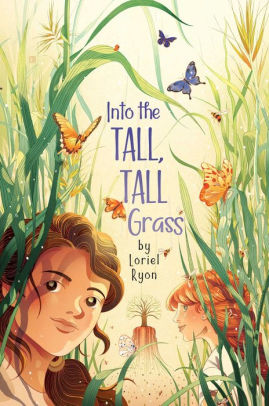
A girl journeys across her family’s land to save her grandmother’s life in this captivating and magical debut that’s perfect for fans of The Thing About Jellyfish.
Yolanda Rodríguez-O’Connell has a secret. All the members of her family have a magical gift—all, that is, except for Yolanda. Still, it’s something she can never talk about, or the townsfolk will call her family brujas—witches. When her grandmother, Wela, falls into an unexplained sleep, Yolanda is scared. Her father is off fighting in a faraway war, her mother died long ago, and Yolanda has isolated herself from her best friend and twin sister. If she loses her grandmother, who will she have left?
When a strange grass emerges in the desert behind their house, Wela miraculously wakes, begging Yolanda to take her to the lone pecan tree left on their land. Determined not to lose her, Yolanda sets out on this journey with her sister, her ex-best friend, and a boy who has a crush on her. But what is the mysterious box that her grandmother needs to find? And how will going to the pecan tree make everything all right? Along the way, Yolanda discovers long-buried secrets that have made their family gift a family curse. But she also finds the healing power of the magic all around her, which just might promise a new beginning.
ISBN-13: 9781534449671
Publisher: Margaret K. McElderry Books
Publication date: 04/07/2020
Age Range: 10 – 18 Years
Filed under: Uncategorized
About Amanda MacGregor
Amanda MacGregor works in an elementary library, loves dogs, and can be found on Twitter @CiteSomething.
ADVERTISEMENT
ADVERTISEMENT
SLJ Blog Network
Top 10 Posts of 2024: #7
31 Days, 31 Lists: 2024 Biographies for Kids
The Sweetness Between Us | Review
The Seven Bills That Will Safeguard the Future of School Librarianship
ADVERTISEMENT



